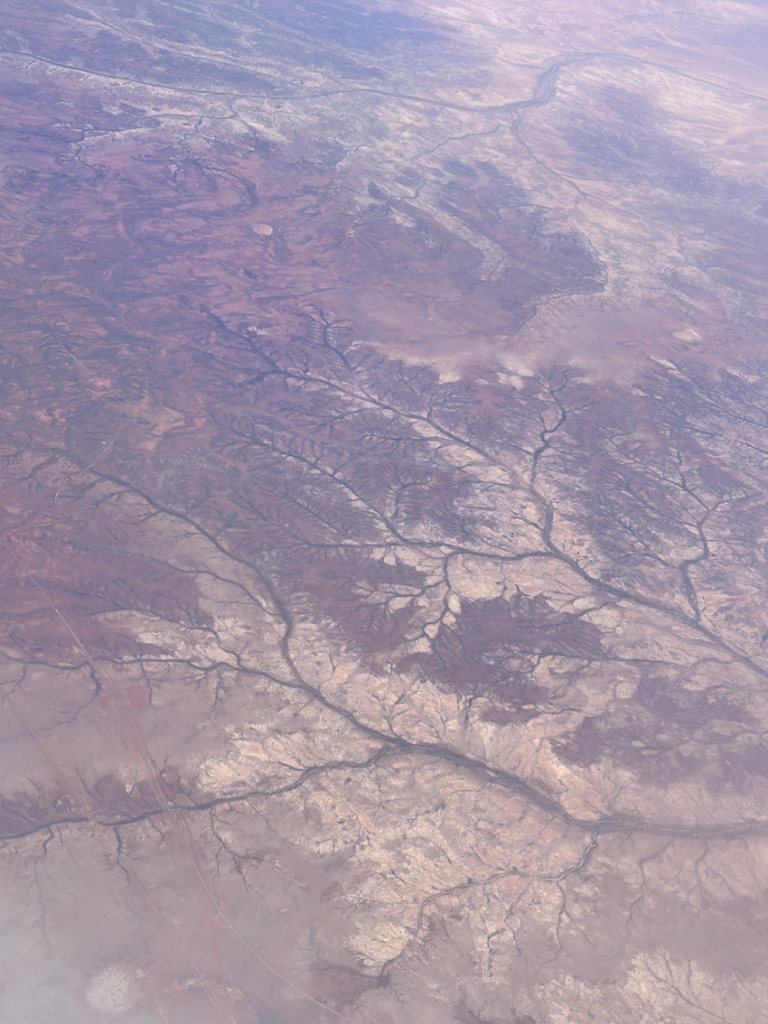In the last decade, climate change has become the fastest-growing global threat to World Heritage properties, posing risks to the protection of their Outstanding Universal Value. Climate change also effects the quality of life of communities connected with World Heritage sites, posing harm to their economic and social development. One-third of natural World Heritage sites and one in six cultural sites are already experiencing the impact of climate change. Delaying climate action in protecting these sites is likely to be costly and risks undermining the aspirations of the World Heritage Convention.
The UNESCO World Heritage Centre and the three advisory bodies- the International Centre for the Study of the Preservation and Restoration of Cultural Property (ICCROM), the International Council on Monuments and Sites (ICOMOS), and the International Union for Conservation of Nature (IUCN), have come together to develop an integrated and streamlined guidance and toolkit, to assist State Parties in integrating climate change action into the management strategies of all World Heritage sites.
 This project will focus on producing a common guidance on climate action for World Heritage, to be recognized under the World Heritage Convention, to strengthen capacity support for stakeholders and rights-holders in accordance with the World Heritage Capacity Building Strategy and the forthcoming revised Policy on Climate Action.
This project will focus on producing a common guidance on climate action for World Heritage, to be recognized under the World Heritage Convention, to strengthen capacity support for stakeholders and rights-holders in accordance with the World Heritage Capacity Building Strategy and the forthcoming revised Policy on Climate Action.
The Australian Government has generously committed $510,000 AUD to the World Heritage Leadership programme to support the first phase of this project, which will be implemented over the next 15 months. The joint team will undertake a scoping study to assess current responses, take stock of existing tools and guidance, conduct a series of workshops engaging a wide range of actors involved in the work, and to develop the Climate Action Toolkit for World Heritage, which can be tested in a diversity of cultural, natural and mixed World Heritage sites.
While a diversity of resources and methods have been produced on climate change and World Heritage, their application has been inconsistent across sites, and often limited due to low capacity amongst key actors. The objective of this project is to identify both training and capacity needs and barriers to climate action and to produce a toolkit dedicated to World Heritage, which will be published under the series of Resource Manuals on World Heritage.
This important contribution from Australia will play a critical role in responding in a meaningful and sustainable way to climate impacts at World Heritage sites and their related communities. UNESCO, ICCROM, ICOMOS, and IUCN invite interested actors and World Heritage sites to share their experiences and case studies in integrating climate change into management of World Heritage at whl@iccrom.org.
